AKTAR HUSSAIN, an accountant from Rochdale, has come to East London Mosque in Whitechapel, where he will spend the last ten days of Ramadan.
It is known as itikaf, which in the Arabic language means to adhere or commit oneself to something. In Islam, it marks a particular person taking up residence in the mosque in a specific way for a specified time. For Muslims, it is sunnah (the way of the Prophet) and something that is urged to be performed - to sit in itikaf in the last 10 days of Ramadan. A person may commence itikaf after sunset of the 20th day of Ramadan and end it when the moon for Eid is sighted.
“Being in itikaf is the closest I ever feel to Allah,” Hussain told Eastern Eye. “In the 10 days I am in the mosque, I am cut off from everything else this world has to offer. It is my home and all that matters is my relationship to my creator.
” It is mandatory for men to perform itikaf in a mosque, where they can offer all five prayers in congregation. Women can also perform in a mosque if they have the privacy and necessary facilities. Otherwise, they can practise it at home, selecting a corner where they won’t be disturbed and can meditate in peace.
“For these 10 days, my complete focus is on improving myself and my connection with my lord. I eat and sleep in the mosque. I have no worldly distractions. The days are completely about ibadah (worship). I will recite the Qu’ran, read about Islam, make dua (prayer), talk and think about good and righteous things, and make taubah (repentance),” he said.
“We know the best itikaf is at the end of Ramadan, because the Prophet Muhammad used to observe itikaf for the last 10 days of Ramadan until he passed away.”
The sunnah itikaf is not expected of women – who traditionally were home makers, and mothers – due to the nature of their family commitments. But, if a woman is able to make arrangements and her husband agrees, she may perform 10-day itikaf.
Haniyah Mujib, from Dagenham, east London, is a mother of three young children. She is unable to go to the mosque to do itikaf, but said that doesn’t stop her from making the most of the last 10 days of Ramadan.
“I have a small box room in my house which is where I do itikaf.I don’t neglect my family duties and other responsibilities,” Mujib told Eastern Eye. “We know that itikaf is a sunnah of our Prophet and we also know that his wives performed itikaf even after he passed away.
“For me, the purpose of itikaf is purifying my heart and getting close to Allah by performing extra acts of worship, especially tahajjud (optional night prayers) and reciting the Qu’ran.”
The last 10 nights are significant for Muslims all over the world because one of these dates from the Qu’ran was revealed to the Prophet Muhammad through angel Jibril (Gabriel). Muslims believe the Qu’ran is the direct word of god and contains moral code, spiritual guidance and prophetic narratives.
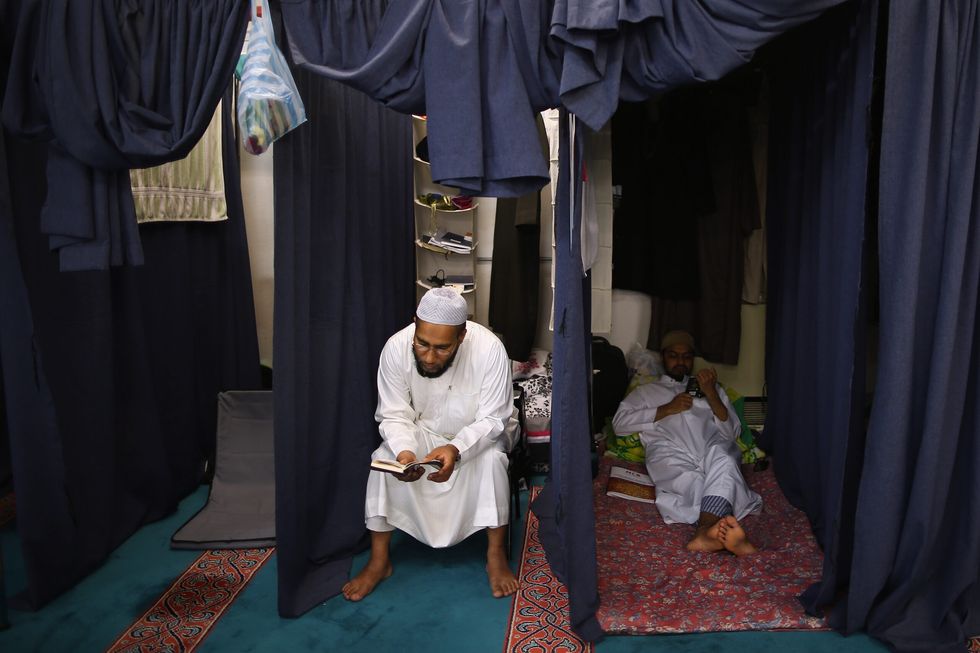
“To answer it bluntly, it’s because of laylat al-Qadr (also known as the night of decree or night of power) - it’s the most important night of the year,” Sheikh Saalim Al-Azhari said on Islam Channel. “One night’s worship is equivalent to 1,000 months – that’s 83.3 years. So everyone makes an effort to look for it.”
It is not known on what night exactly Laylat al-Qadr is, although it’s believed that it is most likely an odd night. And of those odd nights, typically many Muslims believe it to be on the 27th.
According to some scholars, some signs of Laylat al-Qadr are feelings of tranquility, a comfortable breeze in the air, and the sun rising without rays the following morning.
“The sahabas (Prophet Muhammad’s companions) said different days,” Sheikh Al-Azhari said. “There are over 40 opinions on when it could be. There is a kind of assumption among many Muslims that it’s the 27th, but there is nothing in the authentic hadiths (sayings and traditions of Prophet Muhammad) to say it is unequivocally that day.”
Muslims believe that it’s a time when Allah’s blessings, compassion and mercy overflow. According to hadith, whoever prays and finds the ‘blessed night’ will have their previous sins wiped clean.
Muslims around the world are encouraged to observe laylat al-Qadr by making extra ibaadah (worship). This could include acts such as giving zakat (alms giving) and sadaqah (voluntary charity), reciting nafl prayers (voluntary prayers), and dua (invocation prayers).
In some cases, communities may encourage each other to gather together at the mosque in the last 10 nights to pray or fundraise sadaqah (charity) in the hope of earning extra rewards.
Laylat al-Qadr is also believed to be the night when Allah hands out the divine decrees for each person. Angels descend on earth and even Jibril (Gabriel) makes an appearance on this special occasion.
It is believed that Muslims can change their fate and what was written for them by Allah through prayer and supplication on this night. “It’s called qadr because Allah will task the angels with handing out a person’s fate for the next year,” says Sheikh Al-Azhari.
For Hussain, the last 10 nights are about laylat al-Qadr, but also the fact that Ramadan is ending. “There’s no guarantees I will see another Ramadan. On Eid day, we will all get back to the rollercoaster of life. Ramadan is a time to reset our mind, body and soul to rediscover what the true meaning of life is and that is to remember our creator and that this life will be over soon and what good deeds are we doing while we are here?” he said.






 Lunchbox is a powerful one-woman show that tackles themes of identity, race, bullying and belongingInstagram/ lubnakerr
Lunchbox is a powerful one-woman show that tackles themes of identity, race, bullying and belongingInstagram/ lubnakerr She says, ''do not assume you know what is going on in people’s lives behind closed doors''Instagram/ lubnakerr
She says, ''do not assume you know what is going on in people’s lives behind closed doors''Instagram/ lubnakerr








 He says "immigrants are the lifeblood of this country"Instagram/ itsmetawseef
He says "immigrants are the lifeblood of this country"Instagram/ itsmetawseef This book is, in a way, a love letter to how they raised meInstagram/ itsmetawseef
This book is, in a way, a love letter to how they raised meInstagram/ itsmetawseef
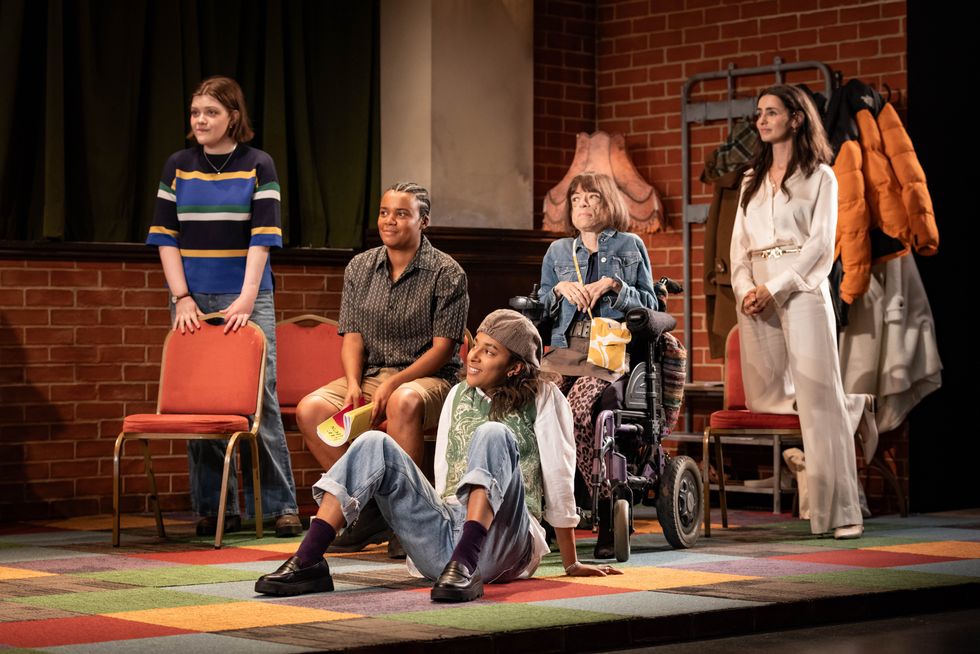 The crew of The Ministry of Lesbian Affairs
The crew of The Ministry of Lesbian Affairs
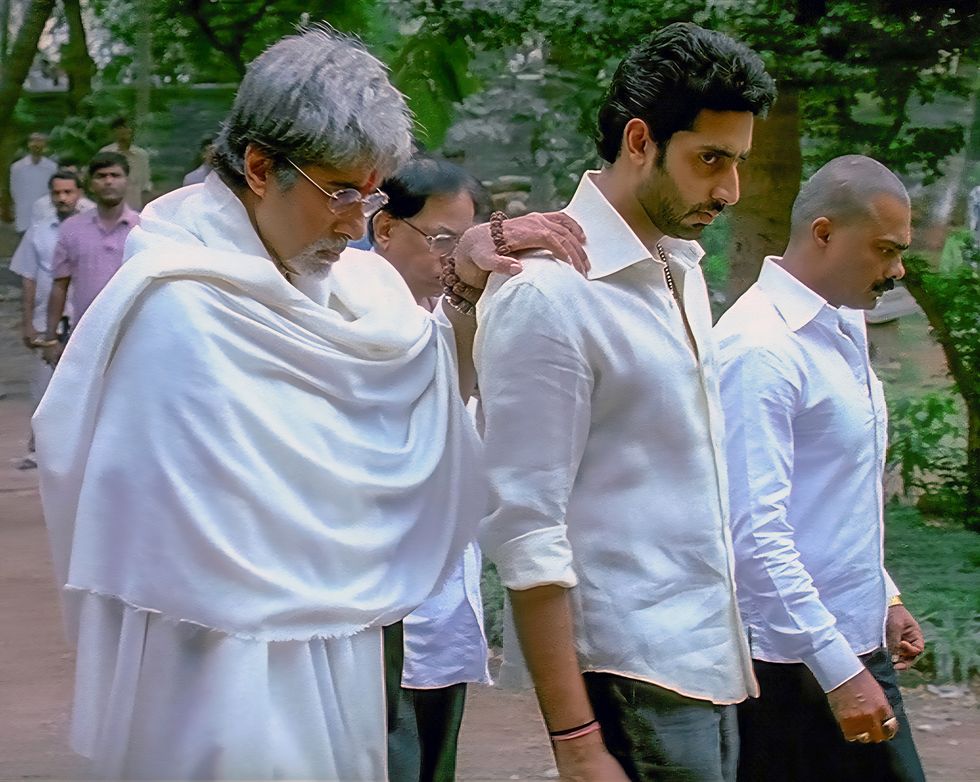 A still from Sarkar, inspired by 'The Godfather' and rooted in Indian politicsIndia Glitz
A still from Sarkar, inspired by 'The Godfather' and rooted in Indian politicsIndia Glitz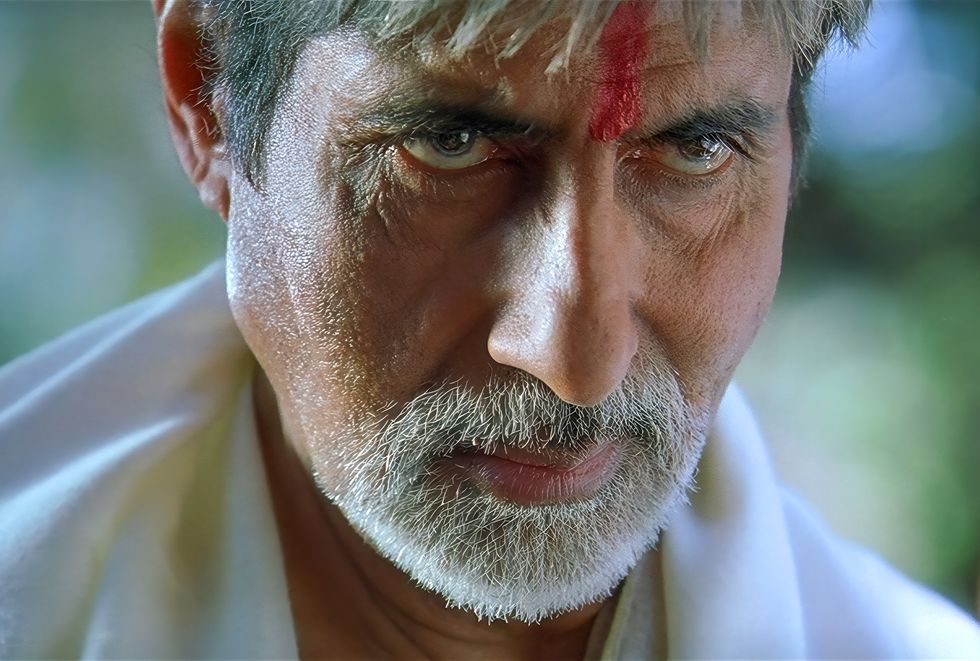 Sarkar became a landmark gangster film in Indian cinemaIndia Glitz
Sarkar became a landmark gangster film in Indian cinemaIndia Glitz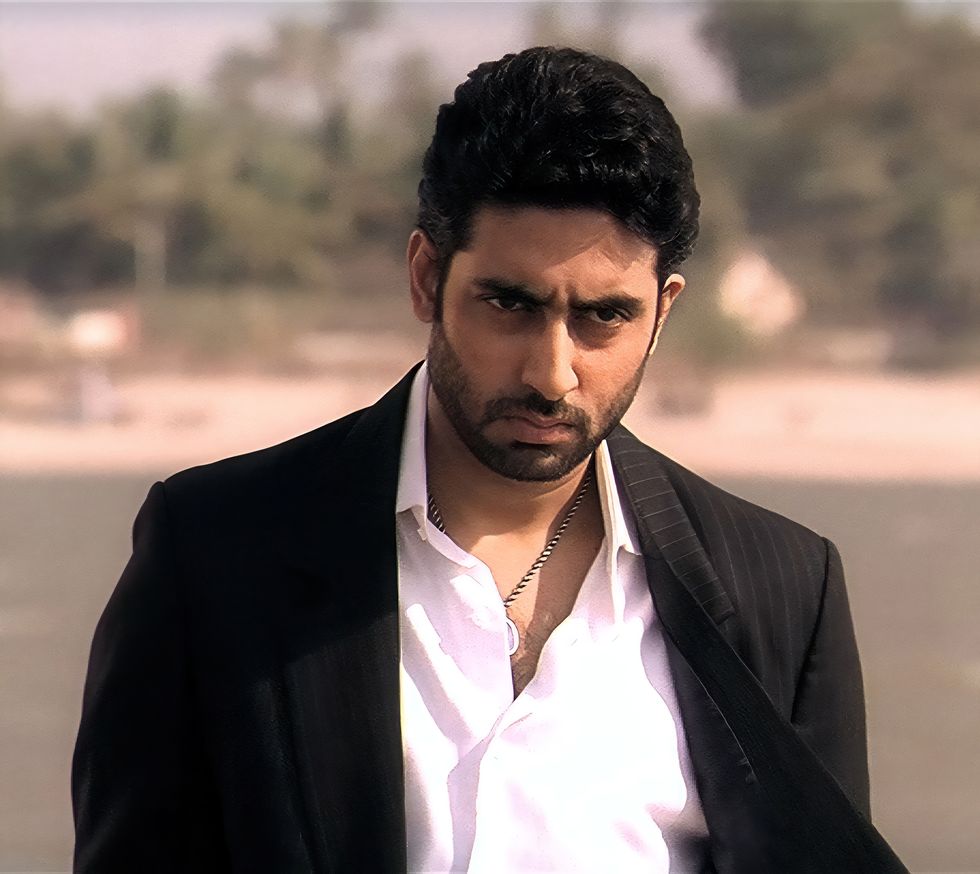 The film introduced a uniquely Indian take on the mafia genreRotten Tomatoes
The film introduced a uniquely Indian take on the mafia genreRotten Tomatoes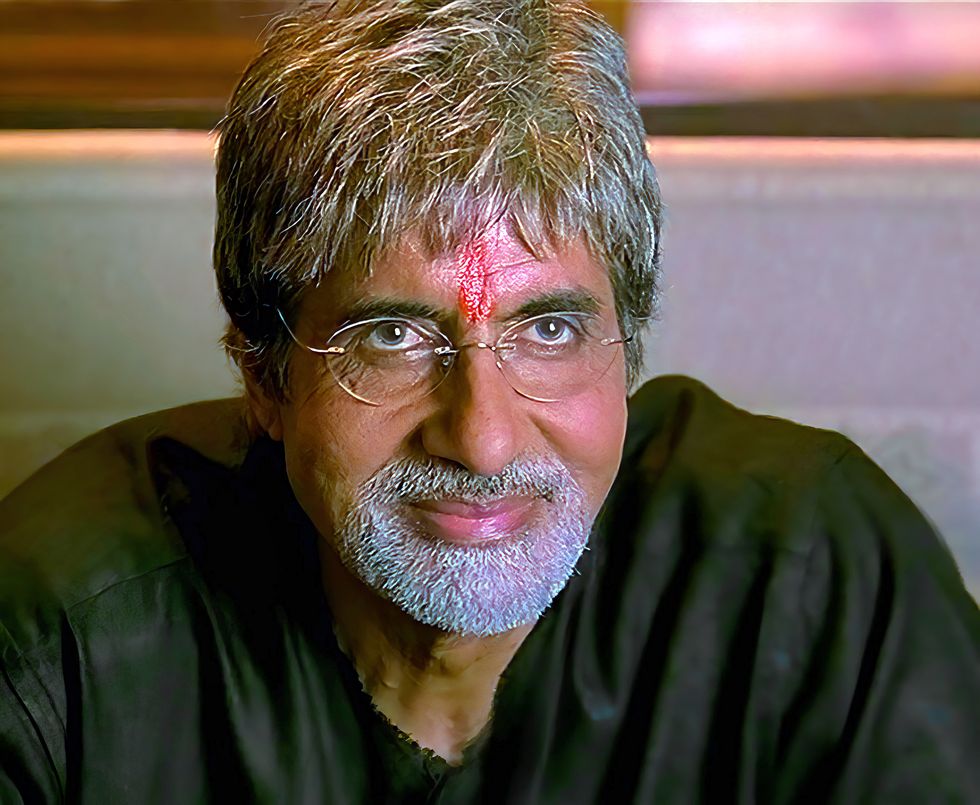 Set in Mumbai, Sarkar portrayed the dark world of parallel justiceRotten Tomatoes
Set in Mumbai, Sarkar portrayed the dark world of parallel justiceRotten Tomatoes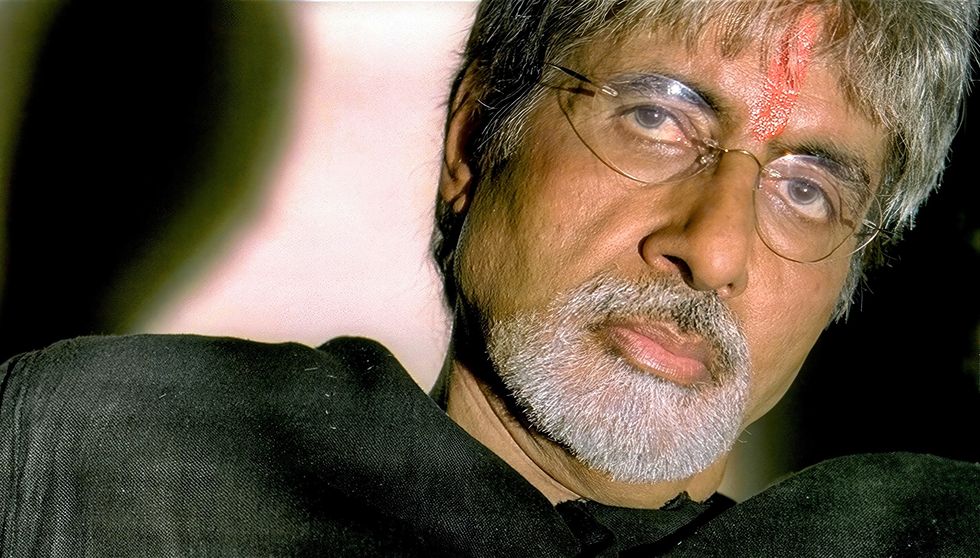 Ram Gopal Varma’s Sarkar marked 20 years of influence and acclaimIMDb
Ram Gopal Varma’s Sarkar marked 20 years of influence and acclaimIMDb
 The statues were the product of a transatlantic effortGetty Iamges
The statues were the product of a transatlantic effortGetty Iamges